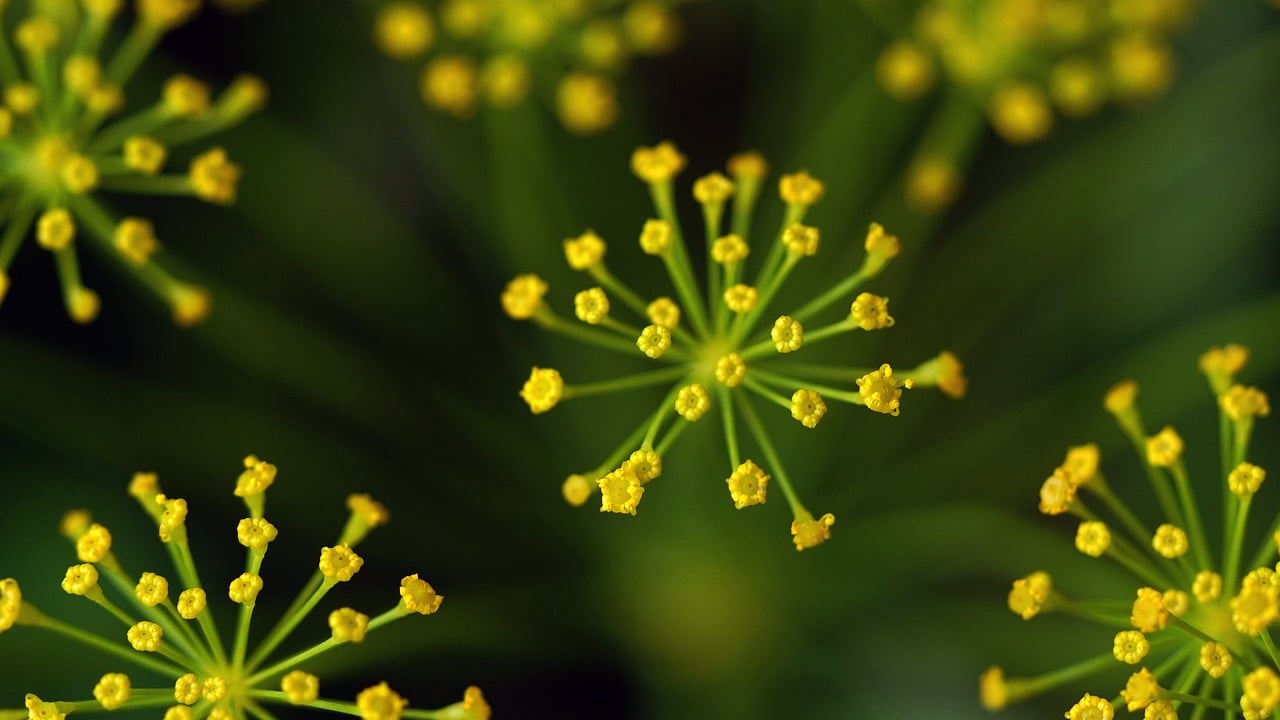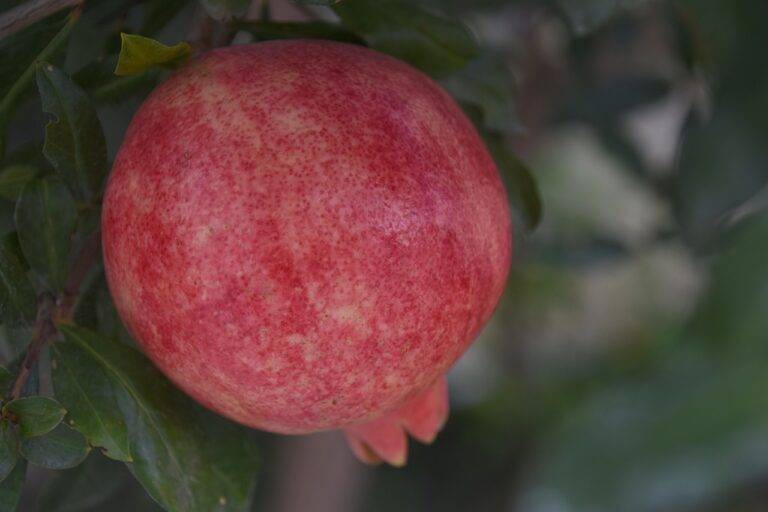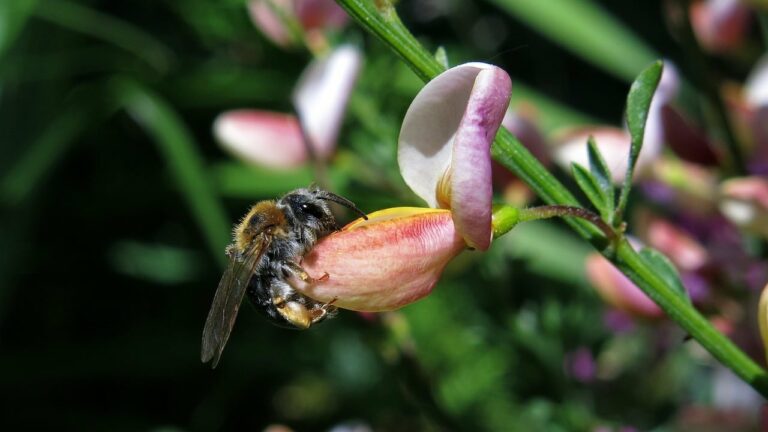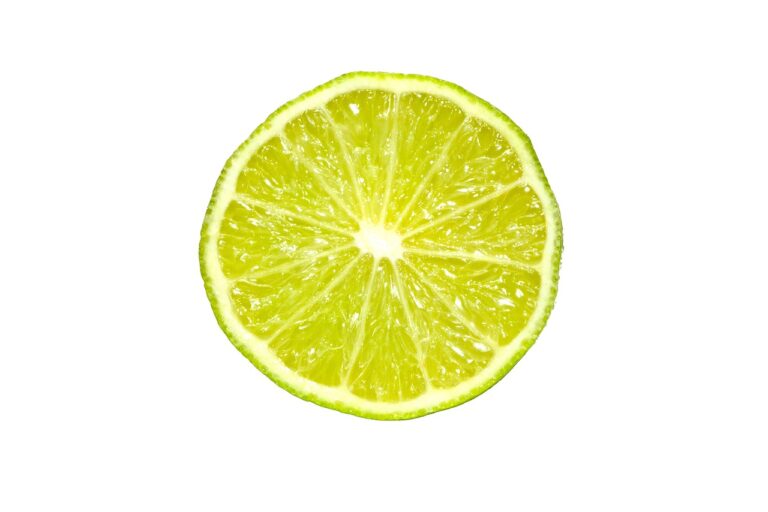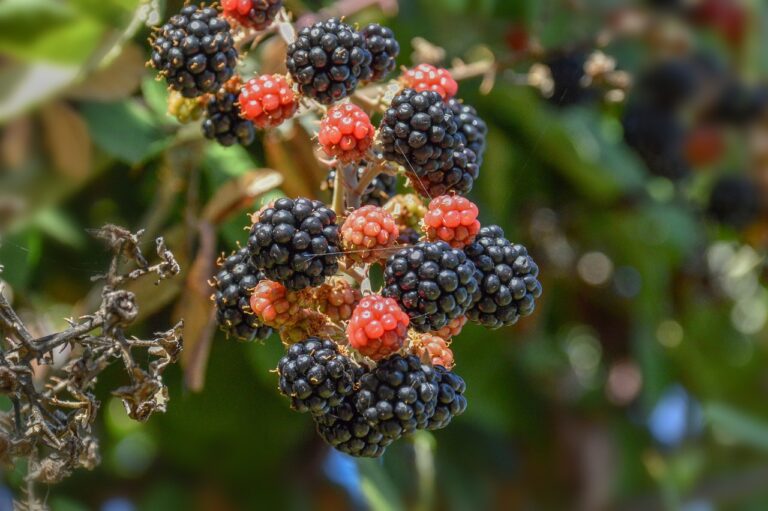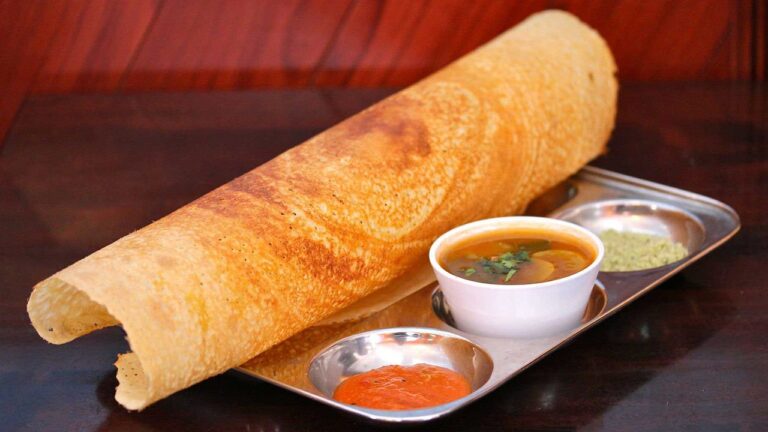Edible Insects: Exploring the Potential of Insect-Based Foods
Insects are often hailed as a sustainable alternative food source due to their impressive nutritional profile. They are rich in protein, vitamins, minerals, and healthy fats, making them a valuable addition to diets around the world. In fact, insects are a complete protein source, containing all the essential amino acids needed for a balanced diet.
Furthermore, insects are also rich in micronutrients such as iron, calcium, and B vitamins, which are crucial for various bodily functions. This nutrient density makes insects not only a sustainable choice but also a nutritious one. Incorporating insects into our diets can help address food security issues and provide a more environmentally friendly source of essential nutrients.
Different Culinary Uses of Insects
Insects have been consumed as a food source in various cultures around the world for centuries. From roasted crickets in Mexico to fried grasshoppers in Thailand, insects are used in a variety of culinary dishes. Insects can be ground into powders and used as a protein-rich ingredient in baked goods, added to salads for a crunchy texture, or incorporated into smoothies for an added nutritional boost.
Furthermore, insects can be sautéed and seasoned to create savory snacks or meals, such as cricket tacos or mealworm stir-fry. Insect-based flours can also be used to make pasta, bread, and even protein bars. Chefs and food enthusiasts are continuously experimenting with new ways to incorporate insects into their dishes, highlighting the versatility and unique flavor profiles that insects can offer in the culinary world.
Environmental Benefits of Insect-Based Foods
Insect-based foods offer a sustainable alternative to traditional protein sources, contributing to reduced greenhouse gas emissions and land usage. As insects require less feed, water, and space to cultivate compared to livestock, their production has a lower environmental impact. This can help mitigate the strain on resources caused by the increasing global demand for protein-rich foods.
Furthermore, insect farming can aid in the recycling of organic waste. Insects have the ability to feed on a variety of organic materials, such as food scraps and agricultural by-products, converting them into valuable nutrients. By utilizing insects to break down waste products, the volume of materials sent to landfills can be reduced, leading to decreased methane emissions and a more efficient use of resources.
• Insect-based foods require less feed, water, and space to cultivate compared to livestock
• Production of insect-based foods has a lower environmental impact
• Helps mitigate strain on resources caused by increasing global demand for protein-rich foods
• Insect farming aids in recycling organic waste
• Insects can feed on food scraps and agricultural by-products
• Converts waste into valuable nutrients
• Reduces volume of materials sent to landfills
• Decreases methane emissions and promotes efficient use of resources
Are insects a good source of nutrients?
Yes, insects are rich in protein, healthy fats, vitamins, and minerals, making them a nutritious addition to one’s diet.
How can insects be incorporated into culinary dishes?
Insects can be used in a variety of ways, such as being ground into flour for baking, roasted as a snack, or added to dishes like salads and stir-fries for added protein.
What are the environmental benefits of consuming insect-based foods?
Insect farming has a lower environmental impact compared to traditional livestock farming, as insects require less water, land, and feed to produce the same amount of protein. Additionally, insects produce fewer greenhouse gas emissions and waste.
Are insect-based foods sustainable?
Yes, insects are a highly sustainable food source due to their high reproduction rates, efficient feed conversion, and minimal environmental impact. Insect farming can also help reduce food waste by recycling organic waste into insect feed.
Are there any health risks associated with consuming insect-based foods?
As long as insects are sourced from reputable sources and properly cooked, there are minimal health risks associated with consuming insect-based foods. In fact, insects are a common part of diets in many cultures around the world.

